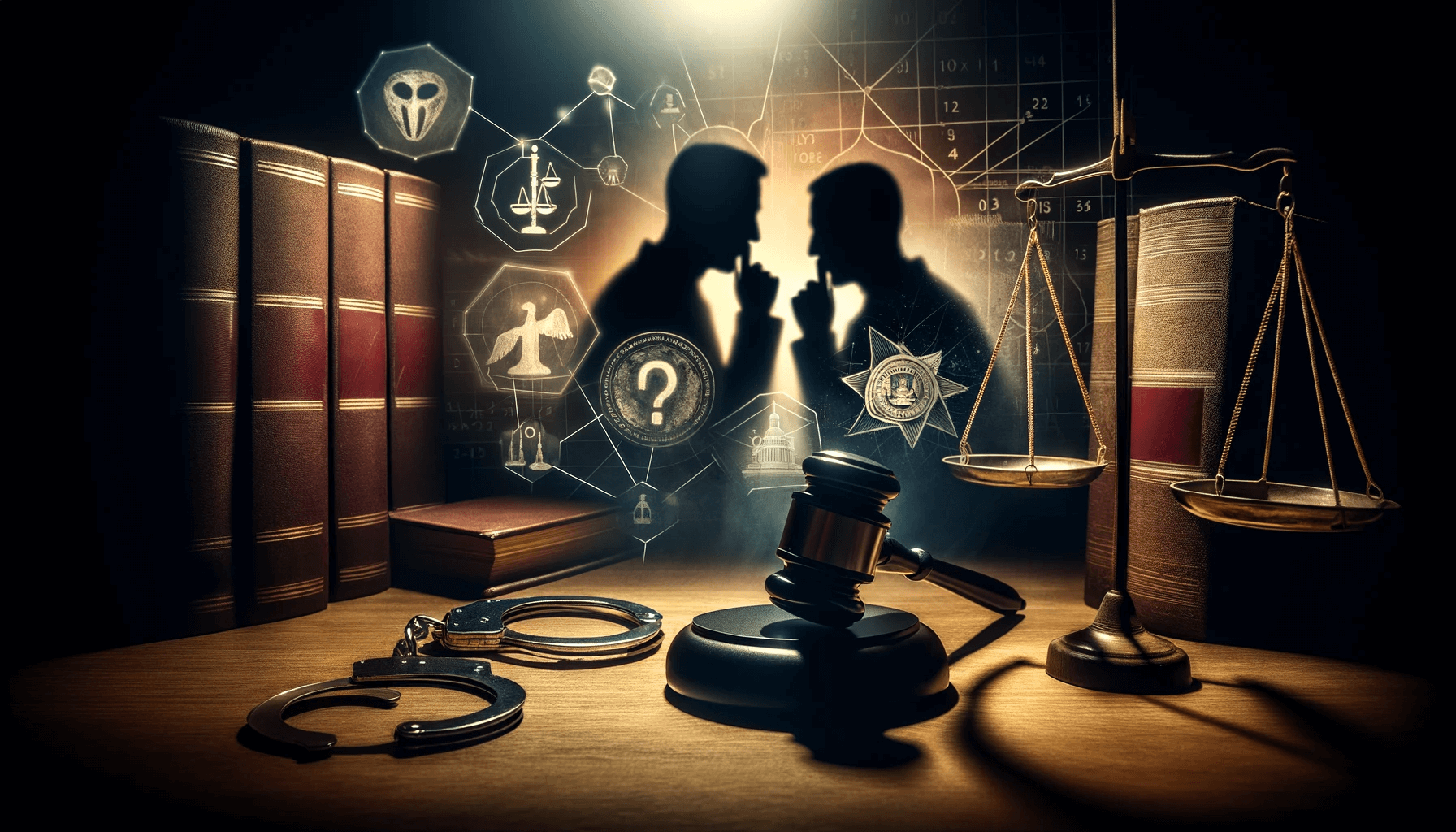In the complex landscape of U.S. criminal law, the categorization of criminal conspiracy often raises questions and ambiguities. This detailed article aims to provide a clear understanding of whether criminal conspiracy is considered a felony under U.S. law, exploring the legal definitions, implications, and the factors that influence its classification.
Defining Criminal Conspiracy
Criminal conspiracy is defined as an agreement between two or more parties to commit a criminal act. This definition encompasses a range of activities, from planning a robbery to conspiring to commit fraud. The key element is the agreement to engage in unlawful behavior, even if the crime is not ultimately carried out.
Elements of Conspiracy
To charge an individual with conspiracy, certain elements must be present:
- Agreement: There must be an agreement to commit a crime.
- Intent: Parties involved must have the intent to achieve the objective of the conspiracy.
- Overt Act: At least one of the conspirators must take an overt action towards the commission of the crime.
Criminal Conspiracy as a Felony
Federal Law Perspective
Under federal law, conspiracy can be charged as a felony. The severity of the charge often depends on the nature of the crime the conspirators intended to commit. For instance, conspiracy to commit a federal offense like terrorism, drug trafficking, or racketeering is typically treated as a felony.
State Laws
State laws vary significantly when it comes to conspiracy charges. Many states categorize conspiracy as a felony, especially when it involves serious crimes. However, the specifics depend on each state’s statutes and judicial interpretations.
Factors Influencing the Severity of Charges
Nature of the Conspired Crime
The seriousness of the planned crime plays a crucial role in determining whether conspiracy is charged as a felony. Conspiring to commit a high-severity crime like murder will likely result in felony charges.
Jurisdiction
Different jurisdictions have distinct laws regarding conspiracy. Some may have stringent laws that elevate conspiracy charges to felony status more readily than others.
Involvement of Minors
If the conspiracy involves minors, particularly in cases like drug distribution in schools, the charges are often escalated to felony status.
Use of Weapons
Conspiracies involving the use of weapons, or plans to acquire weapons for the crime, can also elevate the charge to a felony.
Legal Penalties and Consequences
Incarceration
Felony conspiracy charges can lead to significant prison time, often proportional to the intended crime’s severity.
Fines and Restitution
Convicted individuals may face substantial fines and be ordered to pay restitution, especially in cases involving financial crimes.
Probation and Parole
Upon release, individuals may be placed on probation or parole, with strict compliance requirements.
Defense Strategies in Conspiracy Charges
Lack of Agreement or Intent
Proving the absence of a clear agreement or intent can be a viable defense strategy.
Withdrawal from the Conspiracy
If a defendant can demonstrate that they withdrew from the conspiracy before any crime was committed, this may serve as a defense.
Constitutional Challenges
Challenging the constitutionality of the evidence or the prosecution’s methods can be another defense approach.
Conclusion
In conclusion, criminal conspiracy can be a felony under U.S. law, particularly when it involves serious intended crimes or specific aggravating factors. The classification as a felony or misdemeanor depends on a variety of factors, including the nature of the conspired crime, jurisdiction, and specific circumstances of the case. It’s imperative for individuals facing conspiracy









Leave a Reply